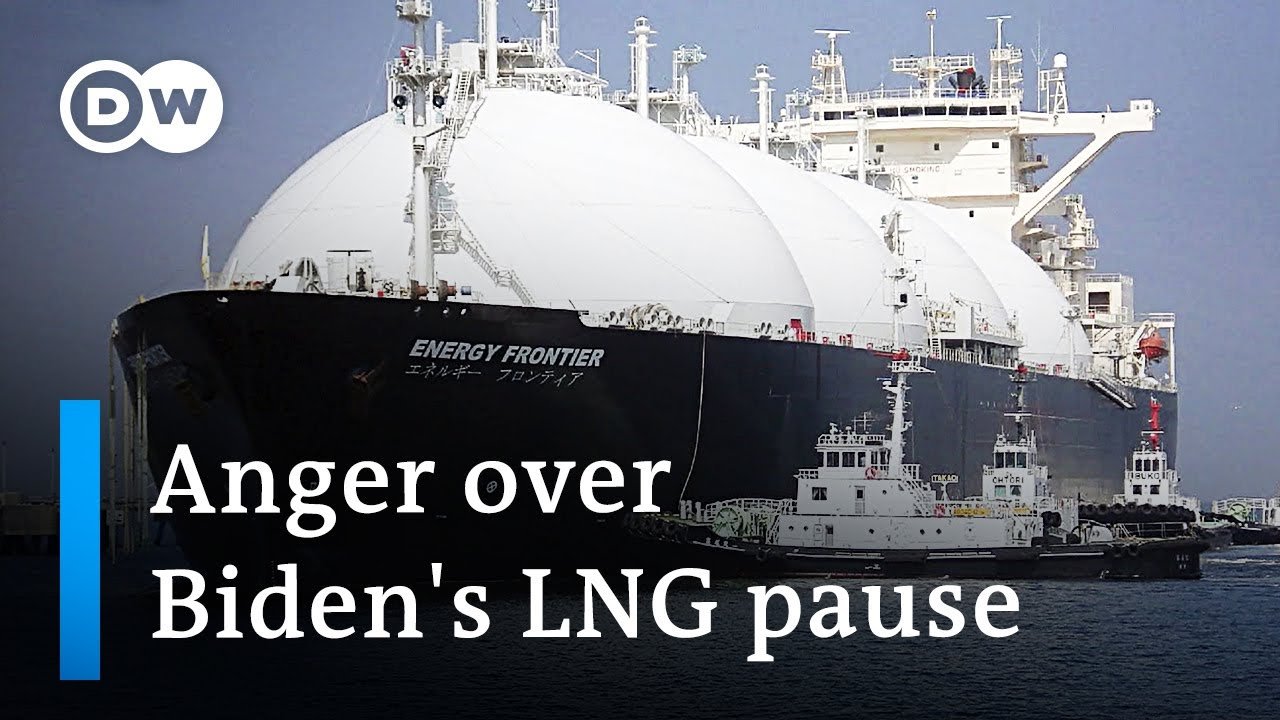A recent pause on new liquefied natural gas (LNG) export permits by the United States has stirred concerns among German gas importers and broader European allies. This move, part of an executive order, affects 17 projects in the pipeline, particularly impacting the four projects that are most advanced. The White House has framed this policy around concerns for domestic energy costs, energy security, greenhouse gas emissions, and the impacts on frontline communities. However, European countries, heavily reliant on U.S. LNG especially after reducing Russian gas imports, fear this could strain their energy supplies and efforts to diversify energy sources.
- The U.S. has halted new LNG export permits, affecting 17 projects, with four advanced projects likely facing significant delays.
- This policy is presented as a measure to understand and potentially mitigate domestic energy costs, ensure energy security, address greenhouse gas and methane emissions, and consider the impact on communities near export facilities.
- German and European gas importers express concerns over potential supply disruptions, emphasizing the importance of U.S. LNG in reducing dependence on Russian energy.
- Despite the pause, existing U.S. LNG export facilities and those already approved are not affected, with U.S. export capacity expected to more than double by 2027.
- The global demand for LNG, especially from Asia, and the need for diversification and security in energy supply chains are highlighted as crucial factors in the broader implications of this policy.
- European efforts to transition away from Russian gas and invest in renewable energy sources underscore the importance of securing diversified and competitive LNG supplies.
- Environmentalists argue for a focus on non-fossil fuel energy sources, though practical challenges in rapidly scaling up renewable energy capacities are acknowledged.
- The policy’s future under potential administration changes, especially with upcoming U.S. elections, is uncertain, with suggestions that it might be reversed or modified depending on the political landscape.
- European leaders, while publicly cautious, are expected to engage in private discussions with the U.S. to address concerns and ensure energy security and diversification efforts remain on track.
DW News is a global news TV program broadcast by German public state-owned international broadcaster Deutsche Welle (DW).
AllSides Media Bias Rating: Center
https://www.allsides.com/news-source/deutsche-welle-media-bias
Official website: https://www.dw.com
Original video here.
This summary has been generated by AI.
